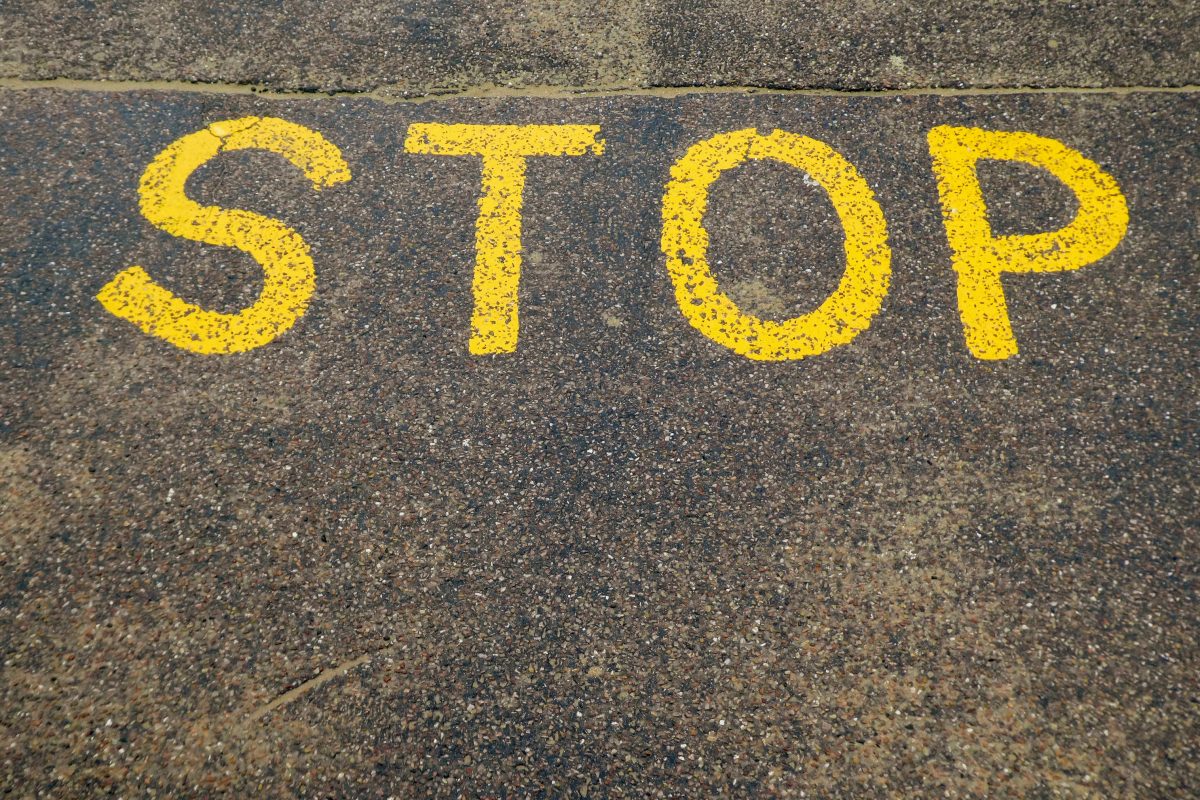Have you received a demand letter from a law firm informing you that you or your company has infringed on another’s trademark rights? If so, then you are not alone. We have been forwarded numerous emails and other written correspondence from plaintiff trademark law firms across the world, demanding action in the form of making payment, ceasing and desisting use of trademarks, and/or abandoning pending trademark applications in exchange for a release of claims related to allegations of trademark infringement. Many of those people have successfully retained us to reply to that correspondence and defend them prior to litigation or even after litigation has commenced.
If you have received such a letter or find yourself or your company as a defendant in trademark infringement litigation filed in federal court, then feel free to contact us about your particular matter. We keep all communications confidential, pride ourselves on quick and active responses, and do not charge for initial consultations.
There are various plaintiff trademark law firms across the world, some of which engage in trolling-like activity while others represent clients with credible claims. Sometimes, plaintiff firms that represent trademark registrants will represent their clients on a contingency basis, which means that they will take a percentage of what their client receives as a judgment or through a settlement. These firms that represent plaintiffs in trademark infringement cases are typically very aggressive prior to instituting lawsuits on behalf of their clients, mainly in an effort to cause an early settlement without the necessity of lengthy, protracted litigation.
Letters from law firms that represent plaintiffs in trademark infringement matters typically begin with the law firm informing the recipient of the client it represents, the trademark or trademarks that its client has registered (along with the type(s) of goods and services identified in the registration(s)), the length of time that its client has been using the trademark(s) in commerce, and perhaps the amount of goodwill that its client has amassed in the relevant trade and industry. The law firm should also identify the registration number(s) for the trademark(s) at issue, along with whether the trademark(s) have achieved what is known as incontestable status, which adds strength to the trademark(s) that its client possesses.
When it comes to trademark infringement, the rubber meets the road on whether the plaintiff will be able to prove a likelihood of confusion as to the source of the goods and/or services used in connection with your trademark. One of the elements, unsurprisingly, is whether the plaintiff can show that there is actual confusion in the marketplace. This is more likely to be demonstrated if you adopted an identical mark to what the plaintiff (or potential plaintiff) has been using in commerce prior to you. You should always ask this question early on in discussions, because if there is proof of genuine actual confusion, then it may behoove you to take these pre-litigation communications even more seriously.
We have found that most law firms representing individuals and companies with trademark infringement claims will start by sending a strongly worded letter and demanding a response by a certain unilaterally set deadline. It is important to not completely ignore these letters, which will often cause the law firm to initiate litigation in federal court and ultimately cost you tens of thousands of dollars defending the action even if you have a strong case. Instead, feel free to contact us and we will be happy to explore the matter at hand with you, providing you with options that you can explore in an informed manner.
Don’t get freaked out when a trademark infringement demand letter cites a violation of the Lanham Act and claims that a potential plaintiff may be entitled to your profits related to the use of a trademark or trademarks, damages sustained by the potential plaintiff, and the costs of the action (See 15 U.S.C. 1117). Some letters try to scare you further by indicating that willful trademark infringement may entitle the potential plaintiff to an award of three times profits or damages, whichever is greater, together with reasonable attorney’s fees. Stay cool and reach out to us. We are here to help.

